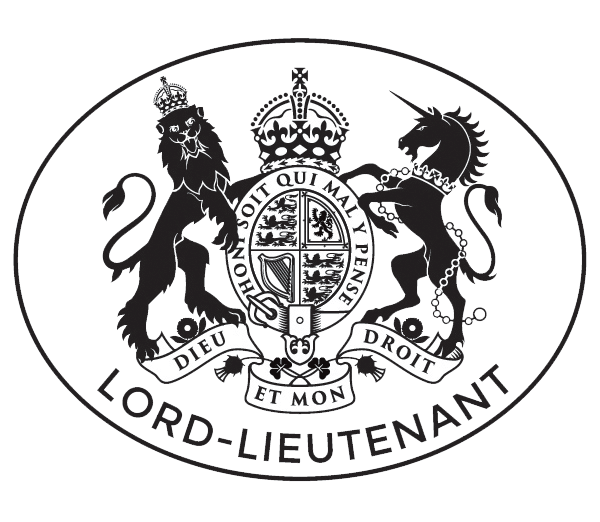Latest News
Latest News
News Categories
Latest News
Latest News Stories

New Year Honours List 2024
The Lord-Lieutenant congratulates all those Surrey residents who have been recognised for their contribution to our communities in HM The […]
View More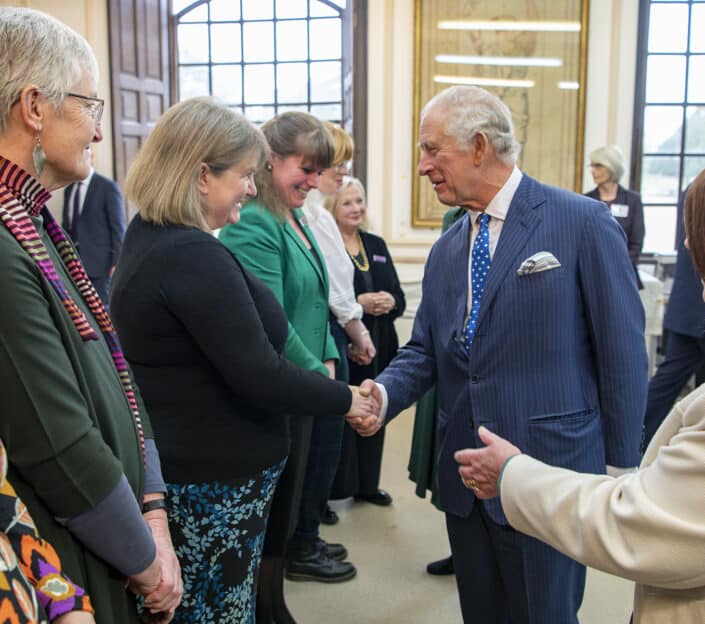
The King’s First Year
by Sir Stephen Lamport GCVO DL Vice- Lord-Lieutenant and a former Private Secretary to The (then) Prince of Wales, and […]
View More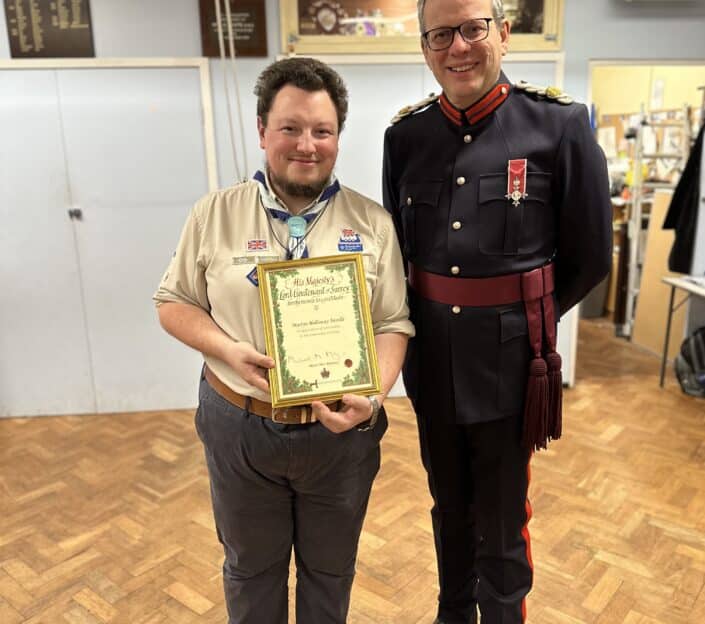
Ewell Youth Leader Receives Surrey Lieutenancy Appreciation Award
Martyn Holloway- Neville received a Lieutenancy Appreciation Award in recognition of his incredible track record as the leader for the […]
View More
UKRAINIAN REFUGEE CHRISTMAS PARTY ATTENDED THE DUCHESS OF EDINBURGH
The Lighthouse in Woking hosted a Christmas Party for over 200 local Ukrainian refugees. It was a very special and […]
View More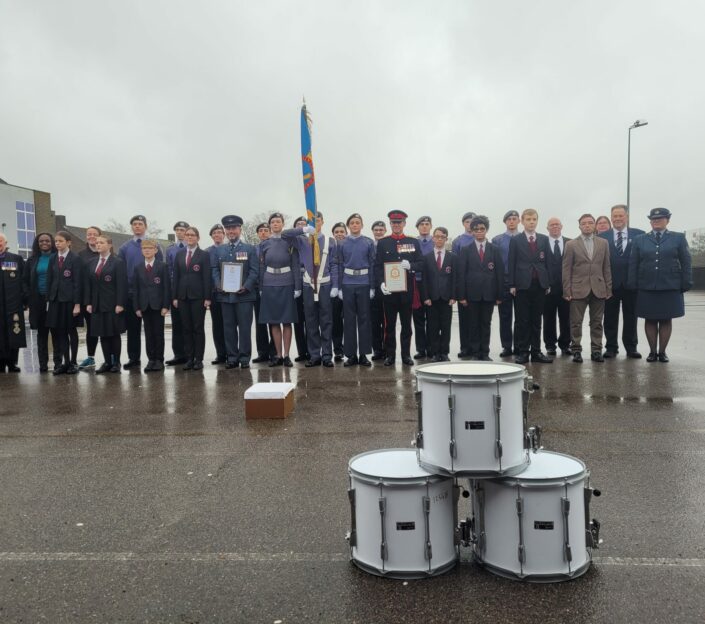
180 (Cranleigh) Squadron – A new Royal Air Force Air Cadet’s Squadron Formed
On Saturday 9th December a milestone was reached in the history of the Air Cadet unit at Cranleigh, as it […]
View More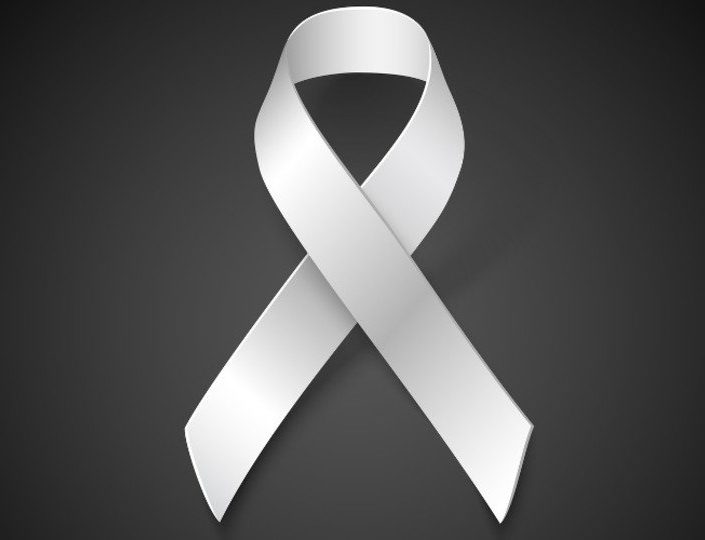
White Ribbon Day
I have been running refuges for women and children fleeing domestic abuse for the last fourteen years. At I Choose […]
View More
Warm Welcome Spaces are open to all residents this winter free of charge and are a place to pop in to stay warm, get a hot drink, receive energy advice and much more.
Last year, Surrey County Council, district, borough and Town and Parish councils worked together with Surrey’s faith and community groups […]
View More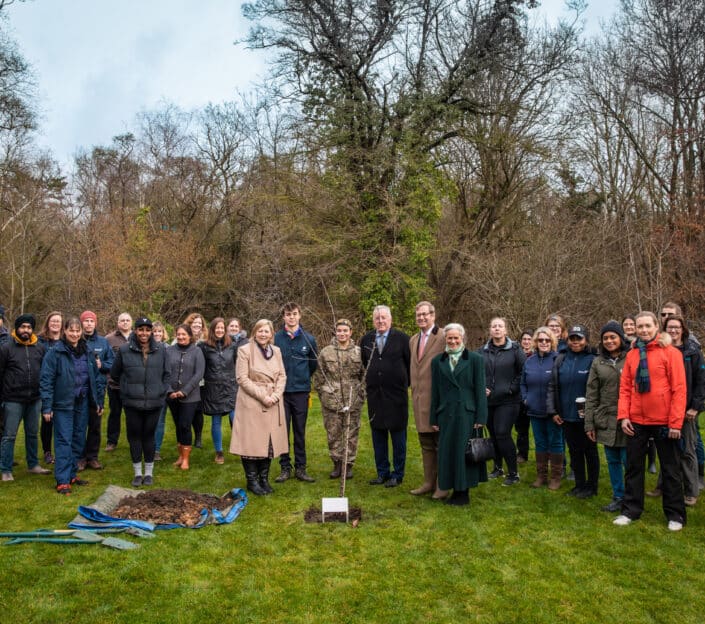
Lord-Lieutenant’s Cadet -(CCF) Cadet Sergeant Electra Mykoniatis – Reigate Grammar School Combined Cadet Force
Becoming a Lord- Lieutenant’s Cadet is not something I expected to happen, and my route in becoming one is not […]
View More
Remembrance in Surrey
On Friday 10th November, Deputy Lieutenant, Rob Douglas CBE attend the Schhols Remembrance Service in Farnham. Poems were read by […]
View More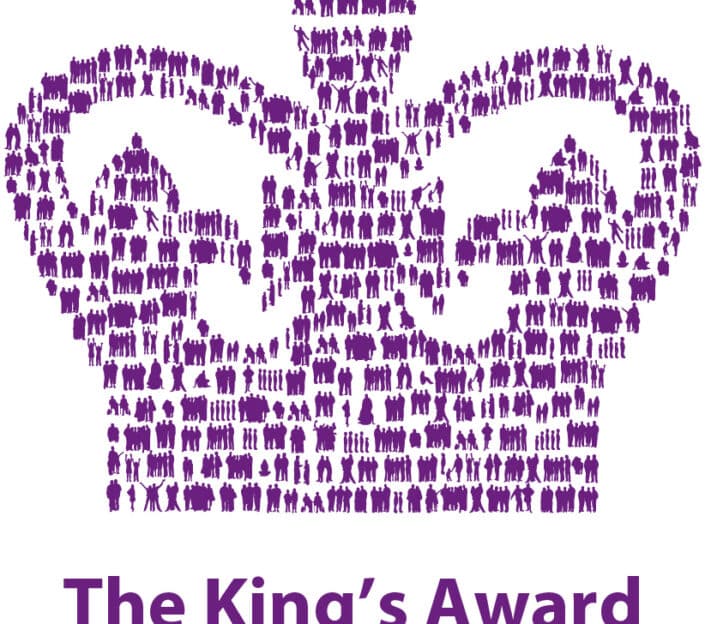
Two Surrey volunteer groups honoured with the first King’s Award for Voluntary Service 2023.
The volunteers from two Surrey groups, who dedicate their valuable time and experience to help individuals and communities across this […]
View More
Lord-Lieutenant Awards Ceremony
On Thursday 19th October The Lord-Lieutenant presented the Surrey Lord-Lieutenant Awards at Guildford Cathedral. The Lord-Lieutenant awarded seven Meritorious Service […]
View More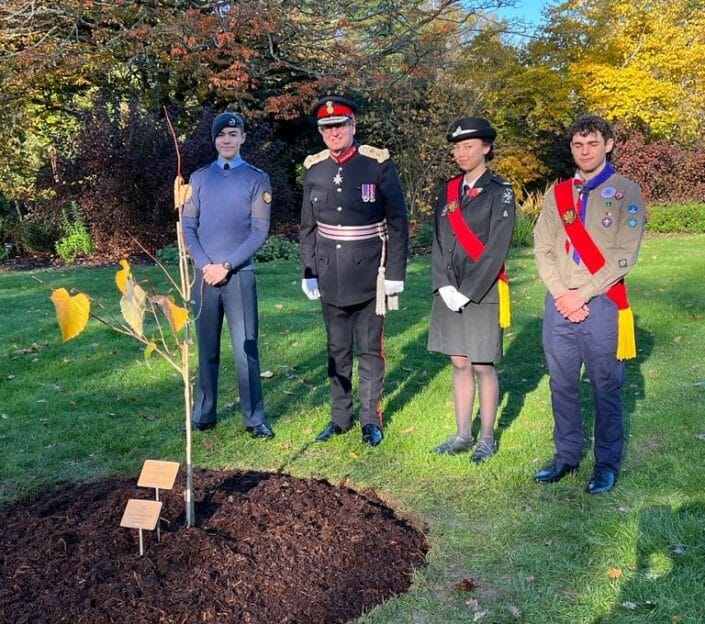
Coronation Tree planting at RHS Wisley
On Monday 6th November, The Lord-Lieutenant planted a spectacular lime tree, ‘Kerdalo’ to remember the Coronation. The tree purchased by […]
View More